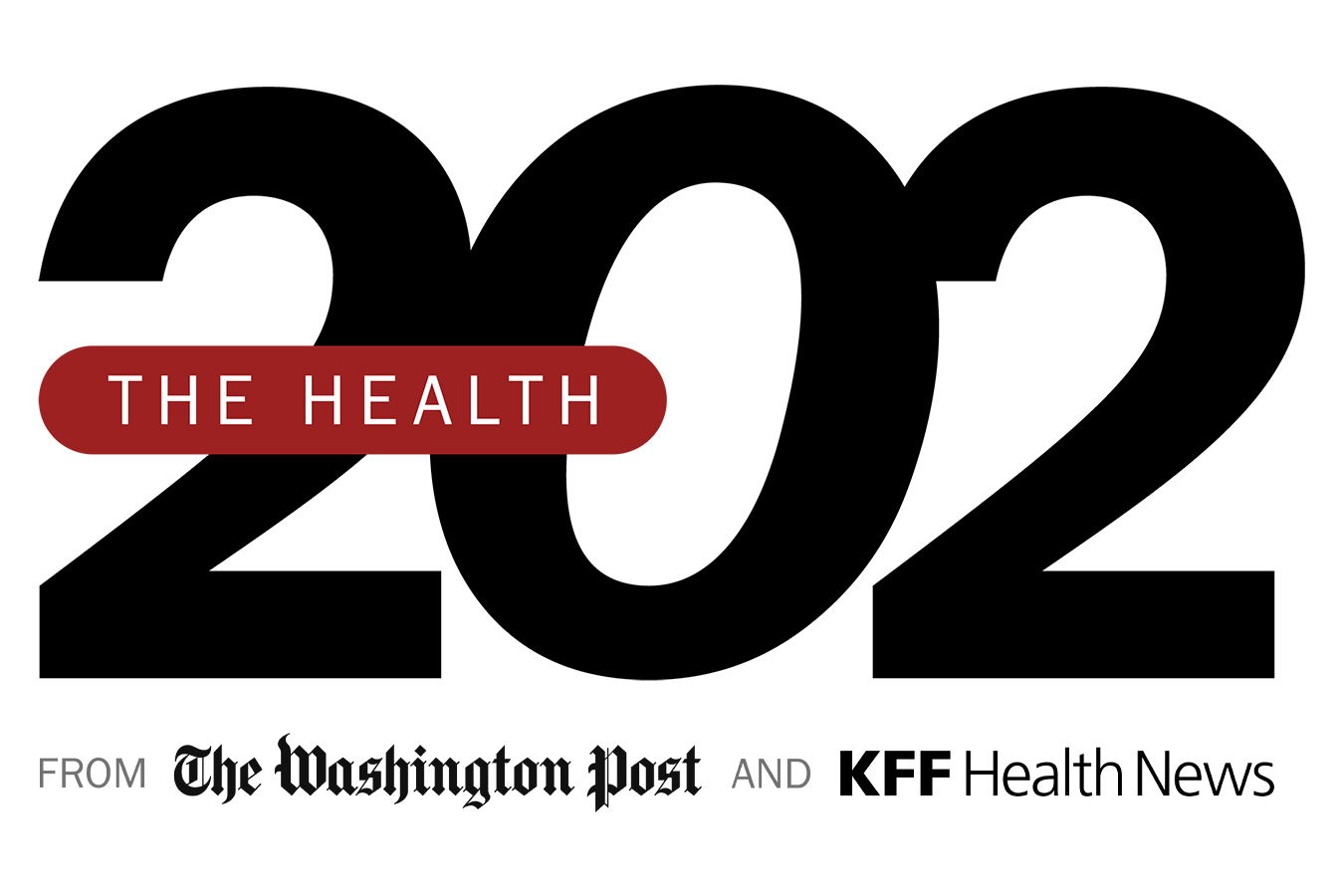[ad_1]
For greater than a decade, some Southern states have resisted Medicaid growth beneath the Reasonably priced Care Act, though knowledge recommend it might assist their residents. In the present day, the big majority of uninsured People who would achieve protection beneath Medicaid growth — and who would profit from reasonably priced entry to care — reside in non-expansion states within the South.
However the politics are shifting. North Carolina expanded Medicaid in December, after a years-long lobbying marketing campaign by the state’s Democratic governor and hospital business persuaded the Republican-controlled legislature to cross a invoice.
The Tar Heel State’s transfer might have helped thaw opposition in Alabama, Georgia and Mississippi, the place Republican state Home audio system have lately indicated they’re open to growth choices, which might result in new insurance coverage protection for greater than 650,000 individuals.
And although resistance stays agency within the seven different states which have up to now refused growth, some analysts predict they’ll inevitably acquiesce.
“It’s only a query of when,” mentioned Joan Alker, govt director of the Middle for Youngsters and Households at Georgetown College.
Because of North Carolina, the place growth has meant authorities medical health insurance for greater than 346,000 low-income individuals up to now, the prospect has change into “politically safer to think about,” mentioned Frank Knapp, president of the Small Enterprise Chamber of Commerce in South Carolina. Republican lawmakers in his state are contemplating forming a committee to check the thought.
Beneath Medicaid growth, adults incomes as much as 138 % of the federal poverty stage, or about $35,600 for a household of three, qualify for protection. Almost 3 million People would change into newly eligible for Medicaid if all holdout states expanded, in line with KFF.
Sturdy public assist for Medicaid in non-expansion states, and lobbying from influential sectors of the health-care business — particularly hospitals — has eroded a number of the opposition.
There’s additionally extra money on the desk. President Biden’s 2021 pandemic-relief legislation provided states that elevated eligibility for Medicaid a monetary incentive for 2 years, greater than offsetting the price of growth for the interval, in line with a KFF evaluation. However whilst dialogue builds in statehouses that after quashed any speak of Medicaid growth, formidable opposition stays. Republican governors in South Carolina and Mississippi, for instance, nonetheless oppose growth. A number of different non-expansion states seem to have little to no legislative momentum.
In Kansas, Gov. Laura Kelly (D) is as soon as once more urgent her state’s Republican-controlled legislature to undertake Medicaid growth, saying it might decrease health-care prices for all shoppers and defend rural hospitals.
However Republican Home Speaker Dan Hawkins, in a video deal with to Kansans posted on YouTube, dismissed Kelly’s growth plan as “billions in new state and federal spending to extend welfare for able-bodied, working-age individuals.”
This text will not be out there for syndication resulting from republishing restrictions. If in case you have questions in regards to the availability of this or different content material for republication, please contact NewsWeb@kff.org.
[ad_2]


